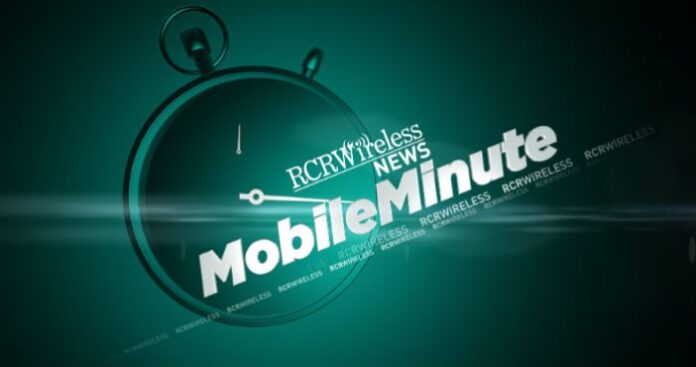For T-Mobile US, part of being the “Un-carrier” may include using unlicensed spectrum to offer LTE services. The company will reportedly deploy LTE in the 5 GHz spectrum band, the same band used for 802.11ac Wi-Fi.
T-Mobile US CTO Ray Neville told Macquarie Securities that Wi-Fi will be complementary to LAA, or licensed assisted access. LAA is the name the wireless industry has adopted to describe LTE in unlicensed spectrum. “License assisted” means that LAA is meant to be supported by licensed spectrum, not deployed independently.
“The licensed spectrum can quickly take over to ensure service quality should the unlicensed spectrum become unusable for any reason, such as reduced coverage, interference from another system or avoidance of, for example, a radar operating in the band,” according to a recent Nokia Networks white paper on the technology. Nokia points out that LTE in unlicensed spectrum relies on LTE Advanced carrier aggregation, combining licensed and unlicensed bands.
LAA will almost certainly require the use of small cells, because of the low range of the 5 GHz band. Qualcomm, which makes chips for small cells, has worked hard to advance the idea that LTE Advanced can be deployed in the 5 GHz band through small cells.
“Bringing LTE Advanced to unlicensed spectrum is really a simple idea with immense benefits,” the company wrote recently in a white paper. “It involves leveraging the large number of small cells that operators are planning to deploy and aggregating unlicensed spectrum with the licensed spectrum for LTE Advanced. The existing core network can be used as is.”
Qualcomm says that LTE Advanced operating in unlicensed spectrum can provide better coverage and capacity than carrier-grade Wi-Fi, but clearly operators are looking at both solutions. T-Mobile US, which does not have as much licensed spectrum as its larger rivals, has been a leader here as well. The company said this fall that every smartphone it sells will support voice calls over Wi-Fi and that it will use Wi-Fi to offer free international calling.
The Mobile Minute is sponsored by Juniper Networks.
Follow me on Twitter.

